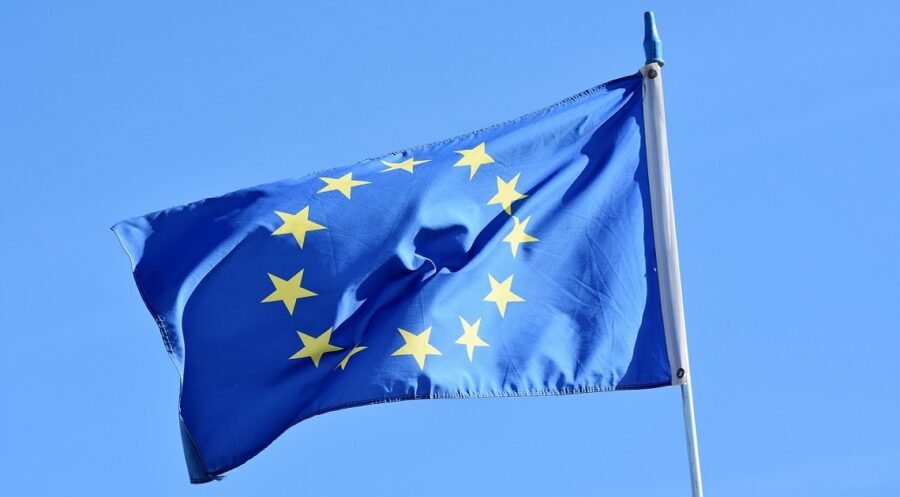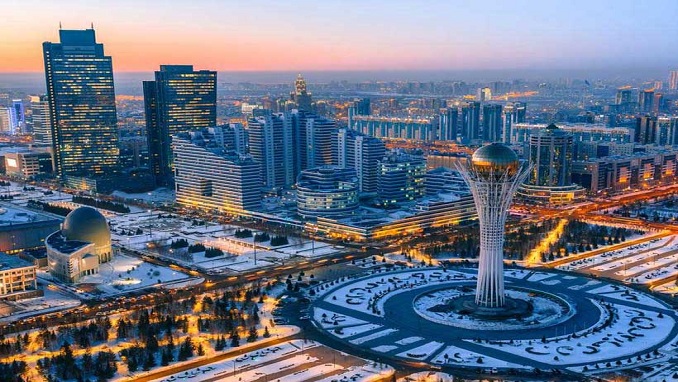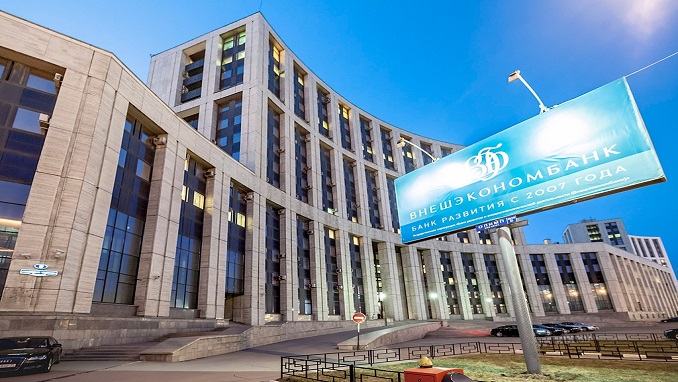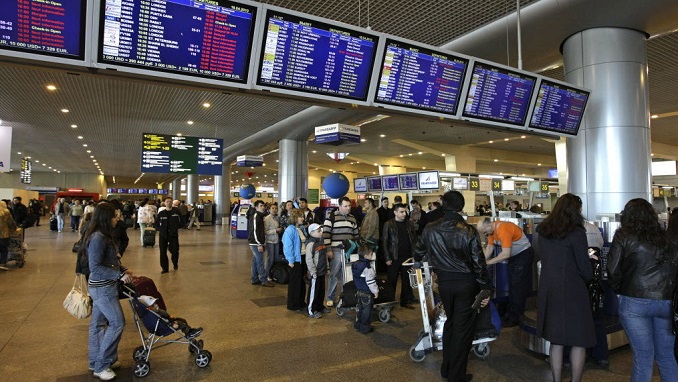In reaction to the violent conflict that disrupted the border between Kyrgyzstan and Tajikistan in mid-September, the European Union is providing approximately 211,000 EUR in humanitarian funding. The EU aid is aimed at providing help to some of the Batken region’s worst-hit areas, ReliefWeb writes.
The Red Crescent Society of Kyrgyzstan (RCSK) is assisted by EU money in providing much-needed cash awards to impacted families in both countries, particularly those who lost their houses. Additional help will also be given, such as health and hygiene promotion events, hygiene supplies, and psychological support.
The funding is a part of the EU’s overall contribution to the International Federation of Red Cross and Red Crescent Societies’ (IFRC’s) Disaster Relief Emergency Fund (DREF) as well as the Programmatic Partnership with IFRC, which aims to provide effective and customized local response to communities in need.
The world’s top humanitarian aid provider is the European Union and its Member States. Relief efforts are a demonstration of European solidarity with those in need all throughout the world. It seeks to protect the integrity and human dignity of populations afflicted by natural disasters and man-made crises, save lives, and prevent and lessen human suffering.
Human Rights Watch warned today that in Kyrgyzstan, the government has stepped up attempts to restrict and control mass media in light of recent crackdowns on civil society and freedom of expression.
In response to a film showing the most recent border violence between Kyrgyzstan and Tajikistan, the Kyrgyz government imposed a two-month shutdown of Azattyk Media’s websites on October 26, 2022. The Law on Protection from False Information, which was adopted in August 2021 and received a lot of criticism, served as the foundation for the order.
The radio service’s Tajikistan-based correspondent made reference to Kyrgyzstan’s alleged attack on Tajikistan during a video segment that also included correspondents from the capital cities of Bishkek and Dushanbe, according to the authorities.



